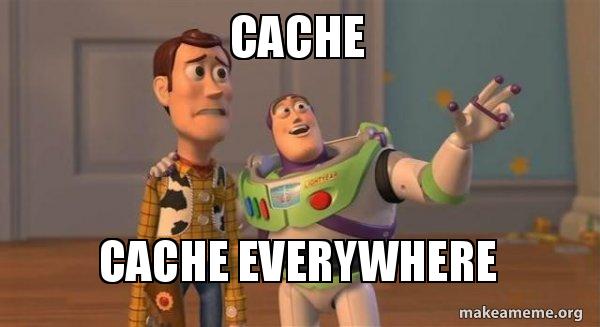Cybersecurity Roadmap
It wouldn't be right not to answer one of the most frequently asked questions in the world, and at the same time, I wanted to answer it in advance to avoid encountering this question in the future. I hope this will be useful.
Any Practical Ethical Hacking course
Get TryHackMe Premium and complete all offensive security paths
Learn Modern Web and Complete all PortSwigger content.
After you reach this point, you can solve hackthebox ctfs and do bug bounty on the other hand.
As I mentioned at the beginning, everything I share is based on my personal experiences and opinions. I believe the path I outlined above will take you to intermediate levels, which I consider to be where I am. However, I think the topics I'll discuss now are much more valuable than the roadmap I provided earlier and could serve as a potential checklist for those looking to embark on this journey.
Firstly, let's start with the negative impacts of the internet age that affect us. Unfortunately, we're exposed to thousands of course contents and misleading advertisements. I'm referring to a wide range of issues, from bootcamps claiming to make you a hacker in three months to misguided advice from people who have no idea.Stay away from these charlatans and know-it-alls.Before embarking on this path, you need to ask yourself: Am I pursuing this path out of enthusiasm, or do I truly have the discipline and patience required? Your answer to this question will save you from significant time, money, and heartache.
Another point I'd like to address is the trap of repetition. Let's take learning Linux as an example. You find a YouTube tutorial series and complete it. Don't fall into the trap of starting the course over from scratch every time you get stuck, take a break, or forget something. This will destroy you. One of the first things I want to emphasize is never repeat a course and never finish a course to complete it. The important thing is not to complete the course, but to practice immediately with what you have learned and to ask the right question and to research it.
Consistently take detailed notes. Let me illustrate this with a practical example. Suppose you're learning Python and have just grasped the import command to integrate specific libraries. Your initial query should be: How many different ways can I execute imports in Python? For instance, understanding that you can execute imports without spaces using __import__('sys') can fundamentally alter your approach. Initially, this might not seem significant, but mastering these foundational concepts is crucial. It enables you to think innovatively and beyond conventional methods.Knowing this primitive import trick can determine whether you will succeed in a pentest or not.I shared a brief story about this in the articles section, and I recommend reading it.
Lastly, give yourself time. Nobody expects you to emerge as a recognized vulnerability researcher by following this roadmap alone. What truly matters is developing experience and discipline over time, establishing your own routines, and ultimately achieving success.



